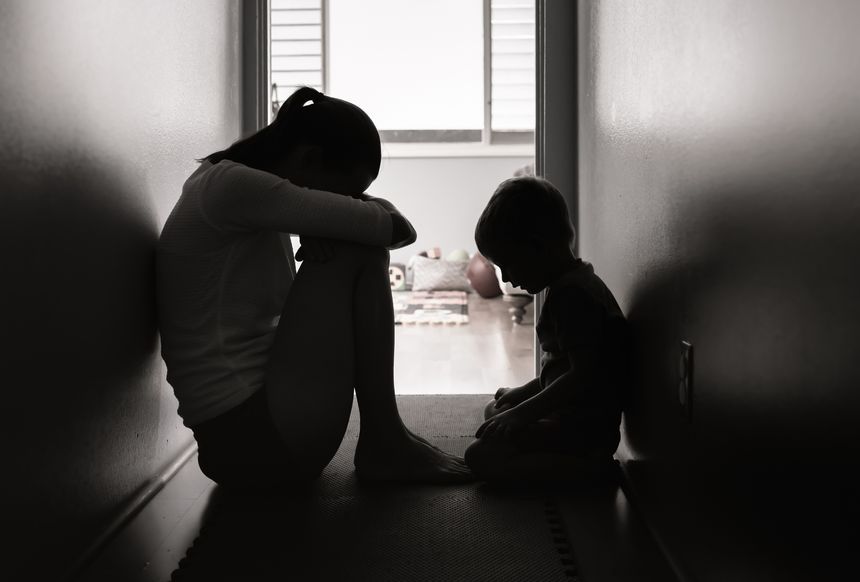Reforming family law: Protecting children from abusive parents
In a landmark move to prioritise child welfare, the UK Government has announced plans to repeal the presumption of parental involvement in family court proceedings. This decision, hailed by domestic abuse organisations such as Women’s Aid, marks a significant shift in how the legal system approaches child arrangements orders, especially in cases involving abuse.
The presumption and its problems
The presumption that a child benefits from involvement with both parents is rooted in the idea that such relationships generally support a child’s welfare.
Whilst it has long been the case that where involvement of a parent in a child’s life would place the child or other parent at risk of suffering harm from abuse, the presumption would be displaced , evidence from the Review of the Presumption of Parental Involvement, published by the Ministry of Justice, suggests that this presumption may be applied too rigidly, even in cases where there are clear indicators of risk. While the principle aims to promote balanced parenting, it can inadvertently lead to child arrangements orders being made for parents to spend time with their child(ren) in circumstances where serious safeguarding issues have been proved to exist. This raises serious questions about whether the presumption is being prioritised over the child’s safety.
The review identified a “high incidence” of such orders, suggesting that the current framework may not adequately account for the complexities of domestic abuse or other forms of harm. As a result, the presumption may undermine the court’s ability to make truly child-centred decisions, especially when risk factors are present.
This is echoed in a recent review by the Domestic Abuse Commissioner where domestic abuse was cited in 87% of case files from 2023 that were analysed, 44% of those that ended with child arrangements orders providing for direct unsupervised overnight time with parents. It is recognised that many of these cases are nuanced and it is not always the case that where domestic abuse is cited by one party, that should be a barrier to the other party having a relationship with the child – the welfare principle must always be paramount.
Catalyst for change
The tragic case of Jack and Paul, two boys murdered by their father during unsupervised contact granted by the court, became a rallying point for the reform. Their mother, Claire Throssell MBE, has campaigned tirelessly alongside Women’s Aid to remove the presumption and ensure children’s safety is paramount.
Women’s Aid has played a pivotal role in driving these reforms. Through campaigns such as Child First, the organisation has highlighted the dangers of unsafe contact and the misuse of concepts like parental alienation, which have often been weaponised to silence abuse allegations.
Their Most recent report uncovered details of 19 children killed in 18 families by perpetrators of domestic abuse in circumstances relating to children spending time with a parent pursuant to a court order; all but one perpetrator were men. The overall research by Women’s Aid revealed that in the past 30 years 67 children have been killed in circumstances related to unsafe contact. These findings underscore the urgent need for a re think about the best approach in family law.
A new legal landscape
The Government’s decision to repeal the presumption sends a clear message: child safety comes first. Courts will be guided solely by the welfare checklist in section 1 of the Children Act, which includes factors such as the child’s wishes and feelings, emotional needs, and any harm suffered or at risk of suffering.
In parallel, amendments to the Victims and Courts Bill announced this week will automatically restrict parental responsibility in cases where a child is born of rape or where a parent is convicted of serious sexual offences against any child – as long as this conviction comes with a sentence of four years or more. This means such individuals will no longer have the right to make decisions about the child’s schooling, medical care, or travel.
These changes reflect a growing recognition that children’s safety and wellbeing must be the central concern in all legal decisions affecting them. Whilst it is anticipated that the principle of balanced parenting will still be applied in most cases it must never override the fundamental need to protect children from harm. We hope to see future reforms that continue to centre children’s voices and experiences, ensure robust safeguarding assessments, and provide clear guidance for judges navigating complex abuse dynamics.
The Ministry of Justice has said it will legislate to repeal the presumption of parental involvement “when Parliamentary time allows”, which means there is still some uncertainty around when these changes will be implemented.

